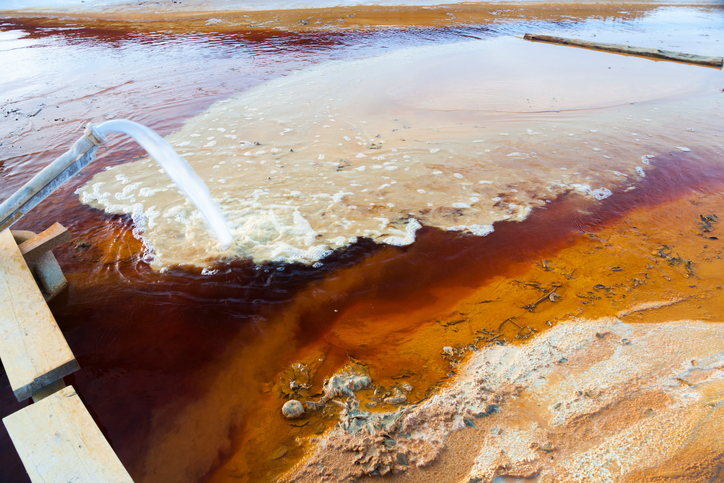Updated rules for water use in mineral exploration and small-scale placer mining operations are now in place in British Columbia (B.C.).
The updated provisions, under the Water Sustainability Act (WSA), make permanent the temporary provisions that allow certain individuals the use of available water for mineral exploration and small-scale placer mining activities without authorization.
In addition, the provisions now limit the size of a camp to 20 people that can use water without an authorization. Statutory decision makers can also now require an authorization if there is a risk of potential impacts to streams or other authorized water users. An authorization can also be required if there is a risk to cultural heritage resources, such as sites that have historical or archaeological significance to a community or Indigenous peoples.
Historically, mineral exploration and small-scale placer mining were considered prospecting and did not require authorization from the Province of British Columbia. In 2016, a new definition of “prospecting for a mineral” was brought into force under the updated WSA. The definition change meant mineral exploration and small-scale placer mining activities using mechanical tools were required to obtain authorization to use water.
Given the permitting requirements and restrictions for these activities under the Mines Act, the Province of British Columbia put temporary rules in place. In October 2018, the Province of British Columbia held public consultations on the proposal to permanently adopt the temporary provisions. Feedback from the consultations prompted the provisions to be revised with the additions.
The provisions apply to mineral explorers and placer miners who use mechanized hand tools, have a permit under section 10 of the Mines Act, or process less than 2,000 metres cubed per year of earth that contains valuable minerals.









